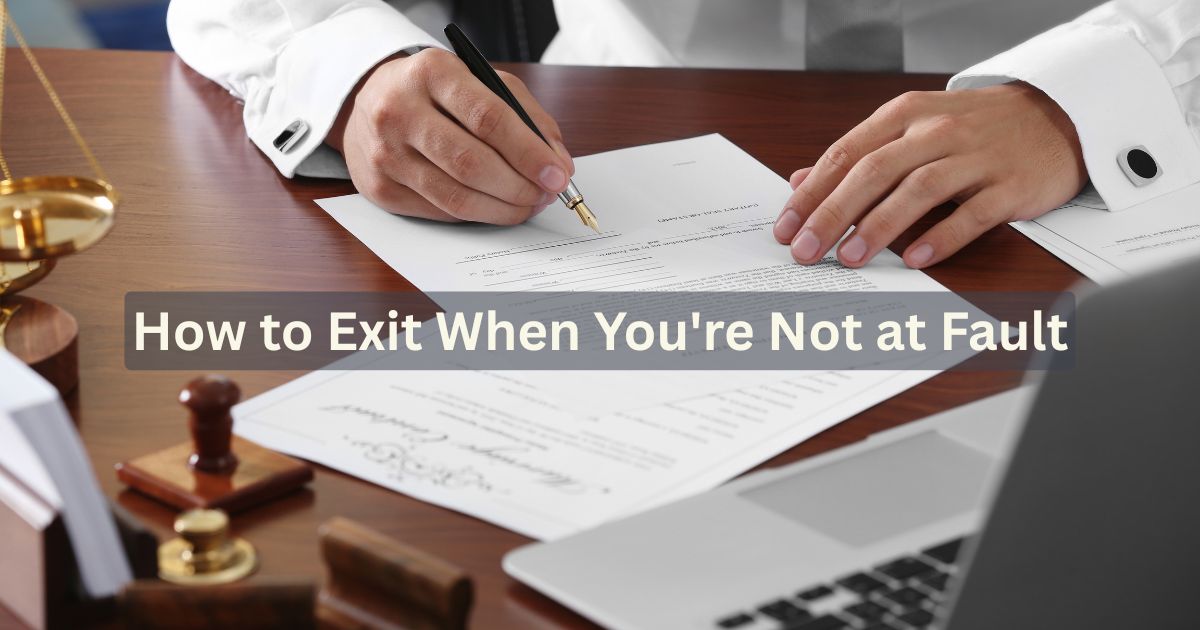· Loan Settlement & Borrower Rights · 4 min read
Loan Co-Signers in Trouble: How to Exit When You're Not at Fault
Co-signing a loan in India can backfire if the main borrower defaults. Learn how liability works, legal remedies, and ways to exit without ruining your credit.

Joint loans, especially between spouses, business partners, or close relatives, have become common in India. But co-signing a loan is not just a symbolic show of trust — it is a binding legal act. If the main borrower defaults, the co-signer also carries responsibility, which often causes financial burdens and damages credit ratings, even when the co-signer had no control over repayment.
Many co-signers ask: Is there any legal way to get out of a joint loan if you are not the one at fault? Here’s what Indian law says and what you can do.
Legal Nature of Co-Borrowing Under the Indian Contract Act
According to the Indian Contract Act, 1872, co-signers (or co-borrowers) have a joint and shared liability, which means the responsibility of one is treated as the responsibility of all. The lender can demand repayment from any one borrower or all of them together.
This liability comes from the agreement signed between the borrowers and the bank. It doesn’t matter if the co-borrower actually benefited from the loan — the signature alone creates a full legal obligation.
So, even if a co-signer was added just to make the borrower eligible for a housing or education loan, that person still becomes fully responsible for repayment.
How Divorce or Separation Affects Joint Loan Liability
Divorce or separation does not automatically free either party from joint loan obligations. The bank does not consider personal disputes unless there is a proper court order.
For example, if one spouse agrees to take over repayment as part of a divorce settlement, the bank still considers both liable. If the ex-spouse fails to pay EMIs, the co-signer’s credit score will still suffer, and the bank can initiate recovery against both. This problem is most common in jointly financed home loans.
Application to Remove Your Name: Grounds That Work
The only way to get out legally is to formally write to the bank or NBFC asking to be removed as a co-borrower. But banks will only consider this request under certain conditions:
The loan is refinanced or fully repaid.
The primary borrower is financially strong enough to take full responsibility under a new agreement.
A third party agrees to replace you as co-signer or guarantor.
Your application becomes stronger if you can prove you did not benefit from the loan, had no control over repayment, or were misled into signing. Still, banks are not legally required to accept such requests unless the loan is restructured or closed.
Role of the Court Order in Financial Separation
If talks with the bank fail, legal action may be an option. In divorce cases, a family court may divide financial liability between spouses. However, such orders protect the innocent party only from enforcement — they do not bind the bank unless the loan is formally restructured.
Civil courts can also cancel contracts or transfer liability in cases of coercion, fraud, or misrepresentation. For example, if someone was forced or tricked into signing as a co-signer, the court can intervene. These cases are complex and require strong evidence.
Impact on CIBIL and How to Repair It
Sadly, even innocent co-signers suffer from defaults — most notably in their CIBIL score. Late EMIs or written-off balances show up on their credit report, making it harder to get future loans or credit cards.
To repair this:
Try to resolve the loan issue with the borrower or through legal action.
After the settlement, apply for a No Dues Certificate (NOC) from the bank.
Send the NOC and supporting documents (such as court orders or settlement letters) to credit bureaus for correction.
This process can take months and often requires repeated follow-ups. But it is the only way to restore your credit history.
Conclusion
Co-signing a loan in India carries serious long-term financial and legal obligations. While it may have been done out of goodwill, the risks of default can be devastating.
If you find yourself trapped as a co-signer, do not wait until the problem becomes unmanageable. Consult a legal expert to understand your rights under Indian law and act promptly with either the bank or the courts. That is the only path back to financial freedom.
Also Read: https://expertpanel.org/blog/exit-joint-loan-not-defaulter/


.jpg.CyBm4nK9.jpeg)
